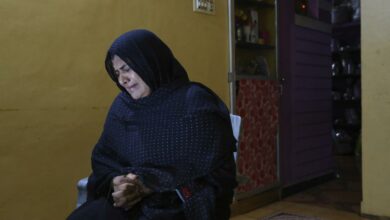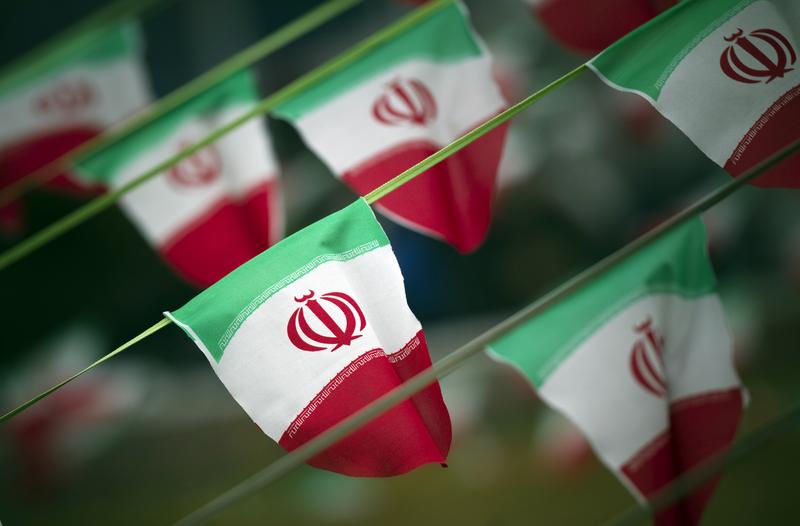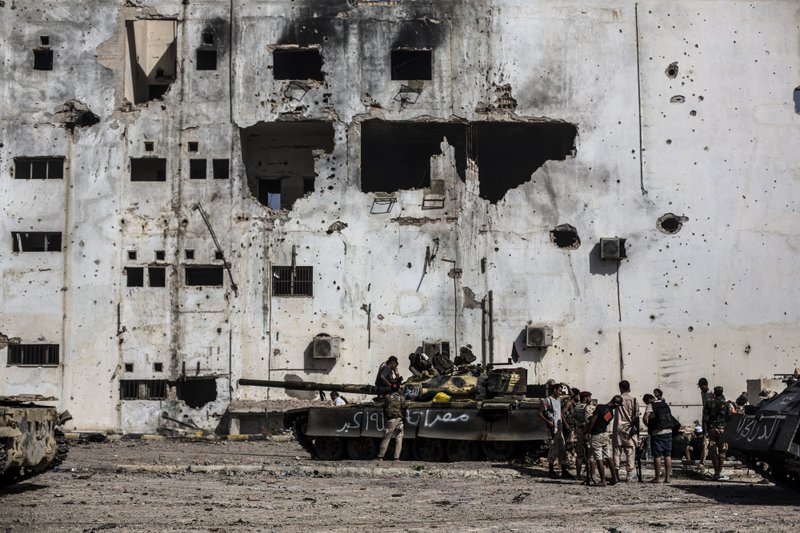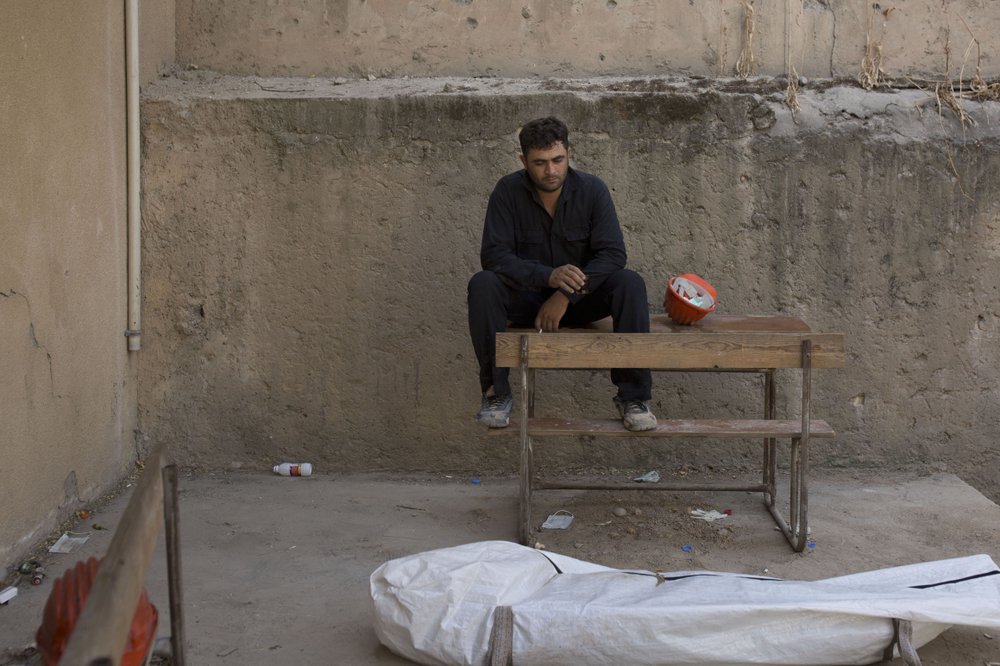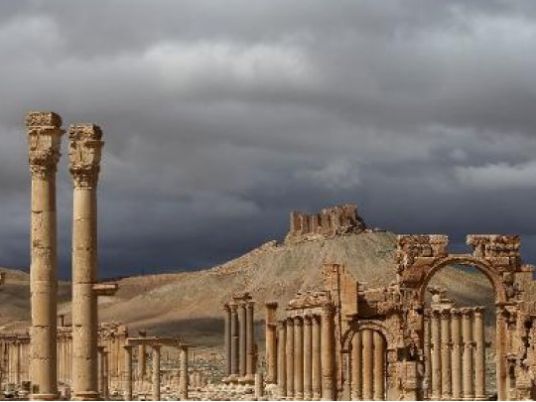
The Islamic State group has beheaded the 82-year-old former antiquities director for the ancient city of Palmyra, Syria's antiquities chief and a monitor said.
Photos purporting to show Khaled al-Assaad's body tied to a post in Palmyra were circulated online by IS supporters.
Syria's antiquities chief Maamoun Abdelkarim told AFP that Assaad was executed by the jihadist group on Tuesday afternoon in Palmyra, in central Homs province.
"Daesh has executed one of Syria's most important antiquities experts," Abdelkarim said, using an Arabic acronym for IS.
"He was the head of antiquities in Palmyra for 50 years and had been retired for 13 years… He was 82 years old," he added.
Abdelkarim said the former antiquities official's body had been hung in the ancient ruins in Palmyra after being beheaded.
But the photo circulating online showed a body on a median strip of a main road, tied to what appeared to be a lamp post.
A sign attached to the body identified it as that of Assaad.
It accused him of being a regime loyalist for representing Syria in conferences abroad with "infidels" and of being director of Palmyra's "idols".
It also claimed he had been in contact with regime officials.
Abdelkarim said Assaad had been detained by IS fighters a month earlier and that they were looking for "stores of gold" in the city.
"I deny wholeheartedly that these stores exist," he said.
The Syrian Observatory for Human Rights, a Britain-based monitor, also reported the execution, saying Assaad had been killed in a "public square in Palmyra in front of dozens of people".
IS captured Palmyra, a renowned UNESCO World Heritage site, from government forces on May 21, prompting international concerns about the fate of the city's antiquities.
So far, the city's most famous sites have been left intact, though there are reports IS has mined them, and the group reportedly destroyed a famous statue of a lion outside the Palmyra museum in late June.
Most of the pieces in the city's museum were evacuated by antiquities staff before IS arrived, though the group has blown up several historic Muslim graves.
IS's harsh version of Islam considers statues and grave markers to be idolatrous, and the group has destroyed antiquities and heritage sites in territory under its control in Syria and Iraq.

